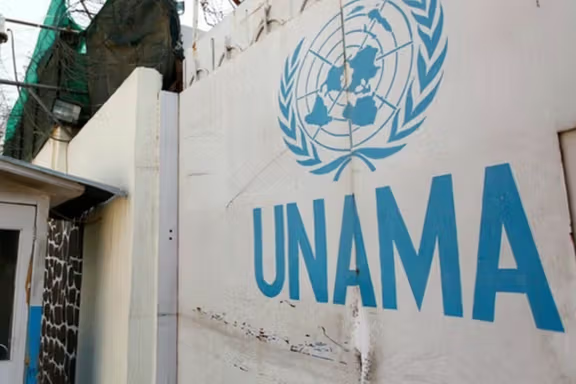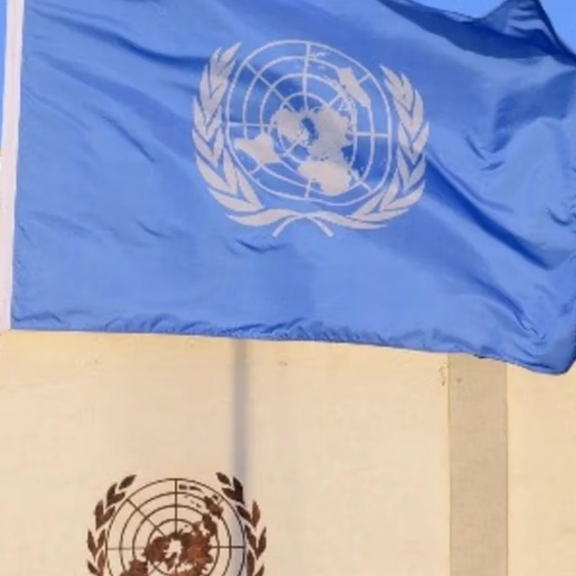The announcement, made without the participation of Salahuddin Rabbani, said prominent leaders including Atta Mohammad Noor, Ismail Khan, Ahmad Massoud, Hazrat Ali and Younus Qanooni had agreed on “internal unity” to continue resistance.
In a statement, the faction said the council would draw on religious teachings and the legacy of former Jamiat leaders Burhanuddin Rabbani and Ahmad Shah Massoud to coordinate activities at national, regional and international levels.
The declaration underscored divisions with Salahuddin Rabbani, who inherited leadership of Jamiat after the assassination of his father, Burhanuddin Rabbani, in 2011. A source told Afghanistan International that Noor, previously head of a splinter group, is now a member of the new council.
The group called for national solidarity and cooperation with other political forces to confront the Taliban and urged civil and political actors to unite under a single umbrella.
According to the source, a “Problem-Solving Committee” has worked for two years to heal rifts within the party, resolving many disputes. Rabbani, however, has refused to join the process, saying differences must be addressed in person, not online. His faction has not commented on the council’s formation.
Jamiat leaders now aim to step up resistance, after years of limited activity against the Taliban. Ahmad Massoud, leader of the National Resistance Front, is said to be aligned with the council.
The announcement came ahead of Afghanistan “Martyrs’ Week” and was presented as a new roadmap to confront Afghanistan’s crisis.
Jamiat-e-Islami, founded in 1967 and inspired by Egypt’s Muslim Brotherhood, was once one of Afghanistan’s most influential parties. Its leader Burhanuddin Rabbani was killed in a Taliban suicide bombing at his Kabul home in 2011.
Most of the party’s leadership fled the country after the Taliban’s return to power in 2021.






